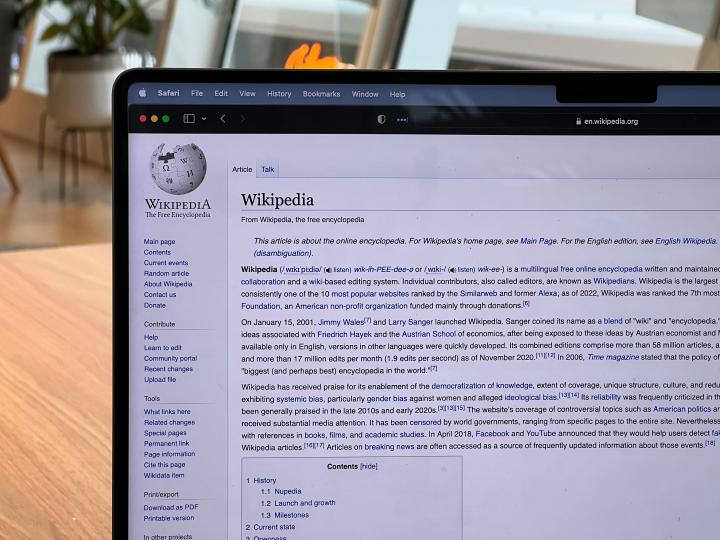
The non-profit Wikimedia Foundation (WMF), along with an anonymous editor known as BLN, wanted the website to be exempt from certain regulations that came into force earlier this year.
They argued that compliance with the new law would mean Wikipedia would have to impose verification on people who did not want it or limit the amount of monthly UK users.
But in a judgment on Monday, Mr Justice Johnson rejected those claims, saying there may be ways to work within the law “without causing undue damage to Wikipedia’s operations”.
The Online Safety Act has provisions aimed at reducing the spread of harmful content.
Mona Schroedel, a data protection litigation specialist at law firm Freeths, commented:
“Yesterday’s decision has been a pragmatic way forward in a period of uncertainty. With the new legislation due to roll out, teething problems on the practical implementation are coming to light. In Wikipedia’s case there will now be a chance for the legislation to be reconsidered by the Secretary of State and if Wikipedia is then still caught in the enhanced parts of the regulation for that to be subject to a formal judicial review challenge.
“It is probably uncontroversial that regulations are being introduced to protect user-to-user interactions online. Social media has exhibited some harmful side effects where uncensored material can be uploaded on a platform by anyone and quickly shared by hundreds of millions of people. The legislation is designed to create some safety mechanisms to allow end users to choose what they see, to put greater responsibility on the platform providers and to make sharing harmful content that will have potentially wide reach more difficult.
“Wikipedia has been caught in the stricter regulations due to its size and user created content even though it argues (convincingly) that it differs significantly from other user-to-user platforms. The Court’s decision has left the door open for Wikipedia to be exempt from the stricter rules upon review.”
Sync NI's Summer 2025 magazine celebrates women in tech across Ireland as we continue to encourage more women to enter the thriving sector and address the current gender imbalance. Read the Summer 2025 Sync NI Magazine online for free here.